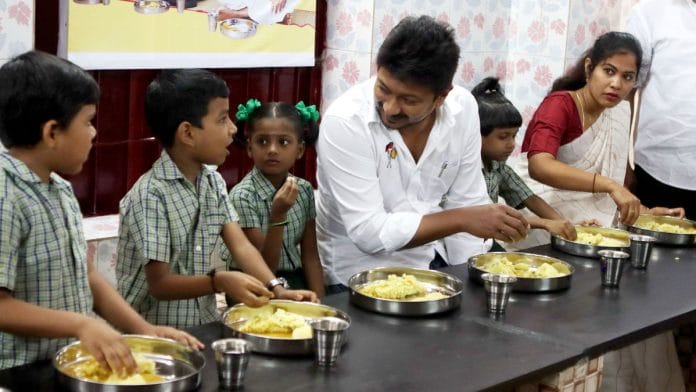Politics is the art of promising the impossible when campaigning and then explaining why it could not be done after five years. Pre-poll promises and electoral victory have become directly proportional. The more the party promises, the greater the chances of winning. Such promises have assumed larger proportions in the last decade or so. One reason could be the overwhelming majority of the BJP and the relative eclipse of the Congress. Another could be the emergence of regional parties riveted on parochial identity politics and freebie promises.
The debate on the pros and cons of freebies, revadi in popular political parlance, is back in the drawing rooms of politicians, media and the Supreme Court. Last year, the court had expressed its displeasure over freebies and commented that it could push state governments towards imminent bankruptcy and create a situation wherein state governments cannot provide basic amenities due to lack of funds.
In 2013, the Supreme Court held that pre-election promises by political parties do not constitute corrupt practices, and asked the Election Commission to frame a set of rules in the absence of a legislative framework. While such rules were never framed, the taste of victory emboldened smaller parties like the Aam Aadmi Party (AAP) to promise free electricity and water, which was much more than the state exchequer could afford. While the courts and a section of the media come down heavily on this culture, political parties continue to announce freebies. They do this under the pretext of promising a ‘welfare state’—where the state will provide everything that the common man needs. The line between the state and the ruling party has either been totally obliterated or become so wafer-thin that the two appear to have become one.
Also Read: Revadi jibe shows Modi govt letting its insecurities do the talking, not economics
Mid-day meal to scooter
The parties project poll promises as an inseparable part of mandatory welfare schemes like poverty alleviation and providing basic civic amenities. Schemes like mid-day meals, free education for the economically weaker sections and free fuel for farmers to run their motors in the fields have come to be accepted as normal. The mid-day meal scheme introduced by the Congress government under then Tamil Nadu Chief Minister K Kamaraj, was copied by many other states. The Tamil Nadu government recently announced free breakfast to primary school children hoping to cover as many as 31,000 government schools. The scheme will cost the state around Rs 400 crore. It’s only a matter of time before parties in other states adopt this scheme and make it part of their pre-poll promise. In the run-up to the 2016 Assembly elections, former Tamil Nadu Chief Minister Jayalalithaa had promised free bus rides for women, free mobile phones to all ration card holders and a 50 per cent discount on two-wheelers to all working women. Jayalalithaa’s freebies also included a host of other items like Amma mixers and grinders, Amma laptops, Amma cycles and even Amma goats and cows.
While many of these schemes could have been quietly swept under the carpet after her death in December 2016, the revadi scheme of subsidised two-wheelers for working women was launched by Prime Minister Narendra Modi in 2018.
As the political landscape evolves, the focus on welfare schemes has intensified, with various parties vying to present their agendas as beneficial for the populace.
The election manifestos of all the parties competing in this month’s assembly elections in five states—Mizoram, Chhattisgarh, Madhya Pradesh, Rajasthan, and Telangana—include ‘welfare schemes’, some of which were termed as freebies by the prime minister. What is revadi for one party cannot be a developmental and empowerment scheme for another.
While it is difficult to agree on one definition of freebies, it is important for all political parties to converge on the issue of the negative economic impact of such schemes— announced merely to garner votes and dumped later.
Even if the winning party decides to fulfil these promises, it cannot be done without tipping the revenue-expenditure balance. Even poll promises like farm loans and subsidies on water and electricity are not sustainable beyond a limit. Any such unplanned expenditure will lead to an increase in tax on some other item, the brunt of which will ultimately borne by the taxpayer. While it is easy to pontificate that voters need to be prudent and read between the lines before falling for such a promise of the moon, the need for strict legislation against freebies cannot be overlooked.
Seshadri Chari is the former editor of ‘Organiser’. He tweets @seshadrichari. Views are personal.
(Edited by Theres Sudeep)






